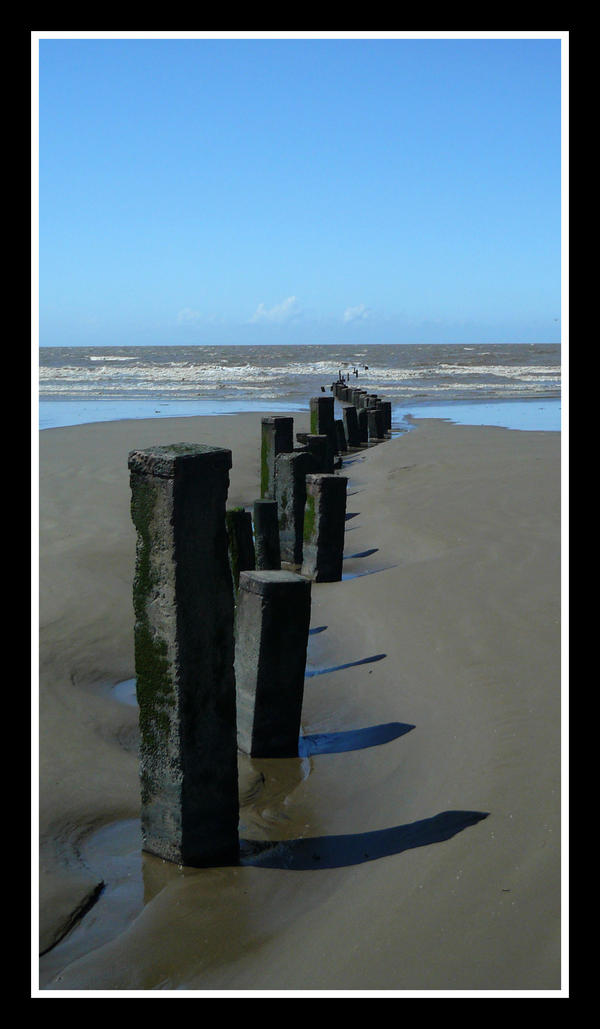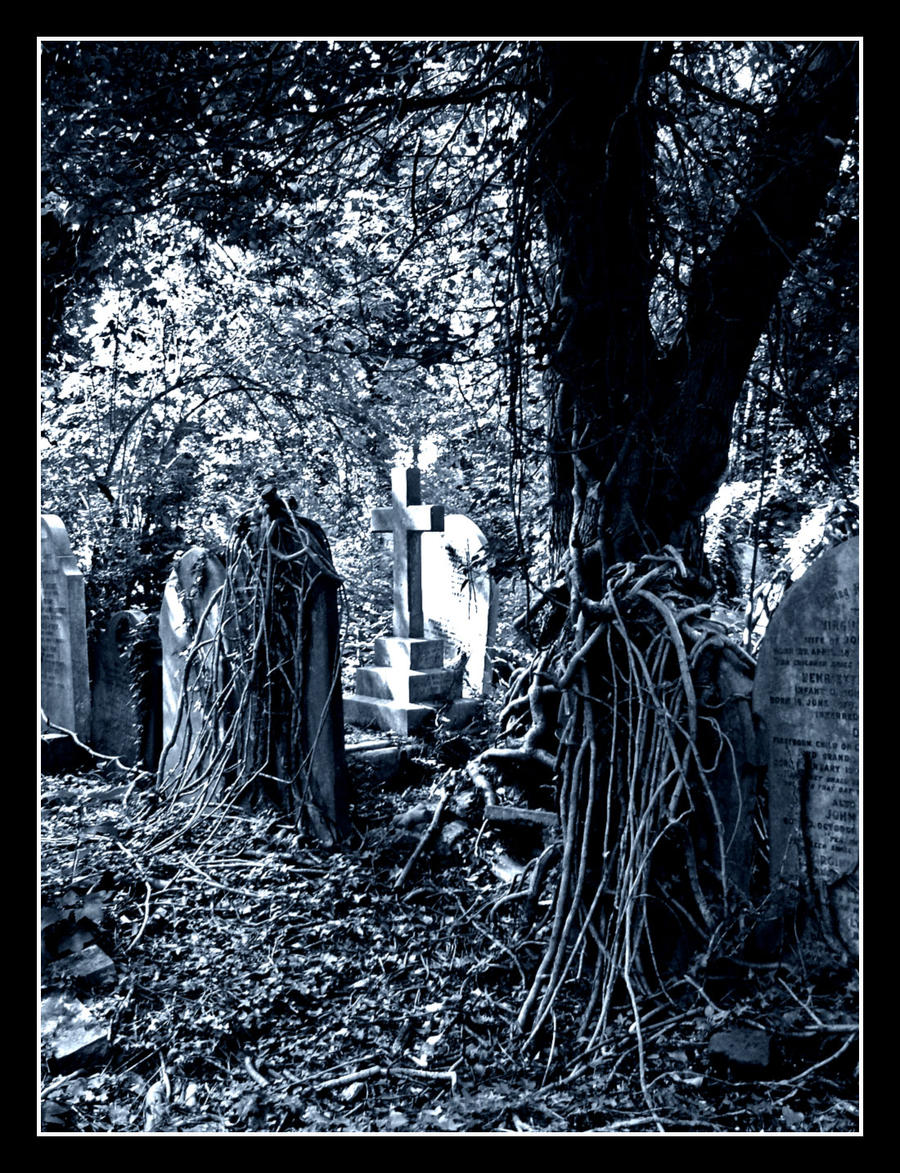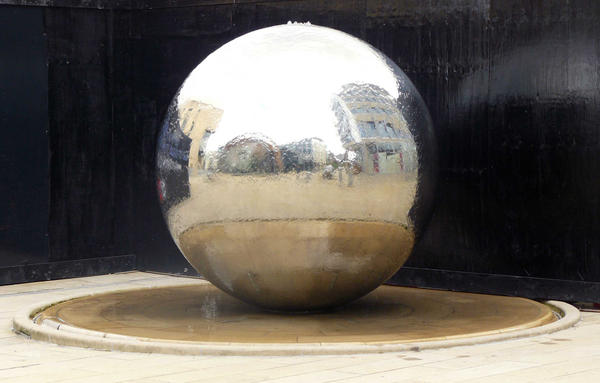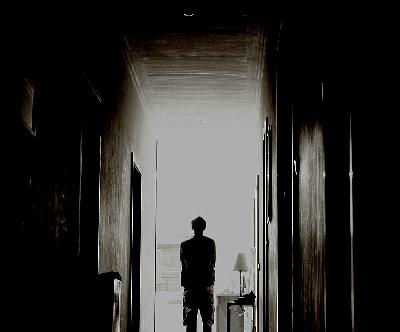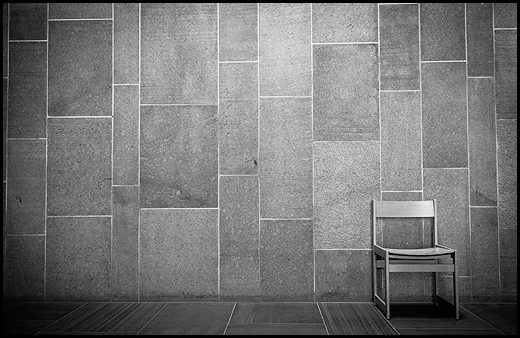As 2007 winds down, I thought it would be nice to take a look at the major poetry award winners this year. Some of my favorites won awards, and many poets new to me also won (which is the fun part -- discovering new poets).
*****
Pulitzer Prize for Poetry:
Awarded to "Native Guard" by Natasha Trethewey (Houghton Mifflin).
*****
National Book Award for Poetry:
WINNER: Robert Hass, Time and Materials (Ecco/HarperCollins) - Interview
Linda Gregerson, Magnetic North (Houghton Mifflin Company) - Interview
David Kirby, The House on Boulevard St.
(Louisiana State University Press) - Interview
Stanley Plumly, Old Heart (W.W. Norton & Company) - Interview
Ellen Bryant Voigt, Messenger: New and Selected Poems 1976-2006
(W.W. Norton & Company) - Interview
Poetry Judges: Charles Simic (chair), Linda Bierds, David St. John,
Vijay Seshadri, and Natasha Trethewey.
*****
The National Book Critics Circle Award for Poetry:
Troy Jollimore, Tom Thomson in Purgatory (Margie/Intuit House).
*****
ABA Booksense, Best Poetry of 2007 (Spring)
1. THE COLLECTED POEMS: 1956-1998, by Zbigniew Herbert (Ecco, $34.95, 9780060783907 / 0060783907) "Herbert is one of the truly great poets of the 20th century -- likely only his untimely death prevented him from being awarded the Nobel Prize. His verse is brilliantly conceived, delivered in a language of heart-stopping intensity, and it will haunt your dreams forever." --Shawn Wathen, Chapter One Book Store, Hamilton, MT
2. DISTRICT AND CIRCLE, by Seamus Heaney (FSG, $13 paper, 9780374530815 / 0374530815) "Nobel Prize-winning Irish poet Seamus Heaney fills his latest collection with homage to the everyday and to hard work. But also commemorated is the work of just living: growing up, giving due, persevering, and simply appreciating. Muscular, blunt, lyrical, and moving, this is poetry to return to again and again." --Herman Fong, Odyssey Bookshop, South Hadley, MA
3. BUCOLICS, by Maurice Manning (Harcourt, $23, 9780151013104 / 0151013101) "I'm so thrilled to have a new collection from Kentucky poet Maurice Manning! This Yale Series of Younger Poets winner continues to get better with each new collection." --Jen Reynolds, Joseph-Beth Booksellers, Cincinnati, Ohio
4. REFUSING HEAVEN, by Jack Gilbert (Knopf, $16 paper, 9780375710858 / 037571085X) "Unexpected, surreal, sensual, and full of the world's joys and sorrows, Gilbert is the real deal. Give the human world a voice and it might sound like this one." --John Evan, DIESEL, A Bookstore, Oakland, CA
5. THE COMPLETE POETRY: A Bilingual Edition, by César Vallejo, edited and translated by Clayton Eshleman (University of California Press, $49.95, 9780520245525 / 0520245520) "Vallejo is one of the most original voices in poetry that I've ever read. His work is collected here in translation by Clatyon Eshleman, and it is full of mind-blowing imagery grounded in a brilliant humanism presented in experimental verse that will snatch your breath with an arrogant fist." --Josh Cook, Porter Square Books, Cambridge, MA
6. THE BOOK OF MARTYRDOM AND ARTIFICE: First Journals and Poems 1937 - 1952, by Allen Ginsberg (Da Capo, $27.50, 9780306814624 / 0306814625) "Now, we can see how young Al Ginsberg developed his thoughts and what influenced his life and writing, including events in Europe leading to the rise of Hitler, his mother's schizophrenia, his homosexual awareness, bawdy songs of Barnard girls, lists of 'records to buy,' and more. The Book of Martyrdom and Artifice shows that keen observation and intuitive reflection developed early did not waver in Ginsberg's last days." --Carolyn Chin, Books On First, Dixon, IL
7. INCOMPLETE KNOWLEDGE, by Jeffrey Harrison (Four Way, $14.95 paper, 9781884800733 / 1884800734) "Jeffrey Harrison is an incredible poet who continues to perfect his craft with each new book. Incomplete Knowledge speaks to the loss of his brother through suicide. It is simply elegant and very powerful." --John M. Hugo, Andover Bookstore, Andover, MA
8. THE BLIZZARD VOICES, by Ted Kooser (Bison Books, $9.95 paper, 9780803259638 / 0803259638) "This collection tells of the blizzard of 1888 that hit our country's midsection from the Dakotas to Texas. Kooser's poems tell of the survivors and some that lost their lives: Teachers with students surviving in a haystack to farmers surviving by staying near their animals, all told in Kooser's wonderfully poetic voice." --Carl Wichman, Varsity Mart, Fargo, ND
9. ARGUMENTS FOR STILLNESS, by Erik Campbell (Curbstone, $13.95 paper, 9781931896269 / 1931896267) "Erik Campbell's poetry is wise without preaching, smart without intimidating, artfully fun without shallowness. Sit down, shut out the world for a couple of minutes, read three poems from this collection at random, and you'll see why I am recommending him in the same breath as Wendell Berry." --Eric Robbins, Apple Valley Books, Winthrop, ME
10. ONCE AROUND THE SUN, by Bobbi Katz, LeUyen Pham (Illus) (Harcourt, $16, 9780152163976 / 0152163972) "The award for most vibrant illustrations goes to Once Around the Sun. Pham's bright, bold illustrations are brimming with color -- enough to fill the book's pages and give life to its lighthearted poems, one for each month of the year." --Alison Morris, Wellesley Booksmith, Wellesley, MA
*****
Academy of American Poets:
Academy Fellowship
James McMichael of Long Beach, California, was awarded the 2006 Academy Fellowship. McMichael, whose most recent collection is Capacity (Farrar, Straus and Giroux, 2006), received $25,000. The annual fellowship is given in honor of James Ingram Merrill for distinguished poetic achievement. Fellows are nominated and elected by the Academy's Board of Chancellors. There is no application process.
James Laughlin Award
Brenda Shaughnessy of New York City won the 2007 James Laughlin Award for her poetry collection Human Dark With Sugar (Copper Canyon Press). She received $5,000, and the Academy of American Poets will purchase approximately 5,000 copies of her book to distribute to its members. Peter Gizzi, Matthea Harvey, and Caroline Knox judged. The annual award is given to commend and support the publication of a second book of poetry. The next deadline is May 15.
Lenore Marshall Poetry Prize
Alice Notley of Paris won the 2007 Lenore Marshall Poetry Prize for Grave of Light: New and Selected Poems 1970–2005 (Wesleyan University Press). She received $25,000. David Baker, Mark McMorris, and Marie Ponsot judged. The annual prize is awarded for the most outstanding book of poetry published in the United States during the previous year. The next deadline is June 15.
*****
MacArthur Foundation
MacArthur Fellowship
Poet and translator Peter Cole of Jerusalem, Israel, and poet and fiction writer Stuart Dybek of Evanston, Illinois, won 2007 MacArthur Fellowships. Each will receive $500,000 over five years. Cole's most recent book is The Dream of the Poem: Hebrew Poetry From Muslim and Christian Spain, 950–1492 (Princeton University Press, 2007), and Dybek's most recent book is the poetry collection Streets in Their Own Ink (Farrar, Straus and Giroux, 2004). The annual fellowships are given in a variety of fields to "encourage people of outstanding talent to pursue their own creative, intellectual, and professional inclinations." There is no application process.
*****
National Poetry Series
Open Competition
The National Poetry Series has announced the winners of its 2007 Open Competition, each of whom received $1,000 and publication of his or her poetry collection.
They are poets Joe Bonomo of DeKalb, Illinois, for Installations, selected by Naomi Shihab Nye and to be published by Penguin Books;
Oni Buchanan of Brighton, Massachusetts, for Spring, selected by Mark Doty and to be published by University of Illinois Press;
Sabra Loomis of New York City for House Held Together by Winds, selected by James Tate and to be published by HarperCollins;
Donna Stonecipher of Seattle for The Cosmopolitan, selected by John Yau and to be published by Coffee House Press;
and Rodrigo Toscano of New York City for Collapsible Poetics Theater, selected by Marjorie Welish and to be published by Fence Books.
The National Poetry Series annually publishes five book-length poetry manuscripts by U.S. poets through participating trade, university, and small press publishers.






